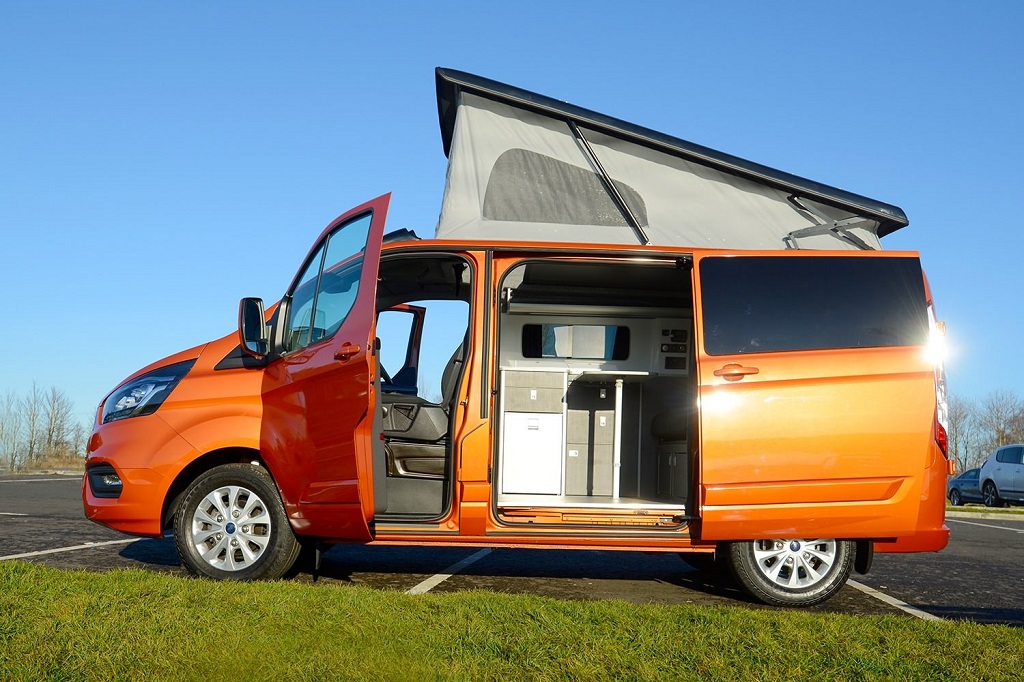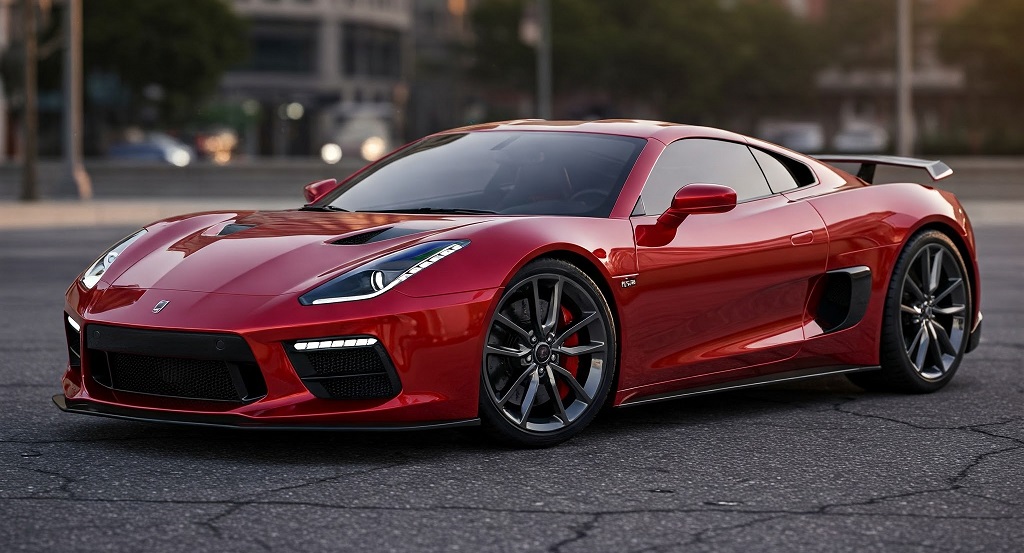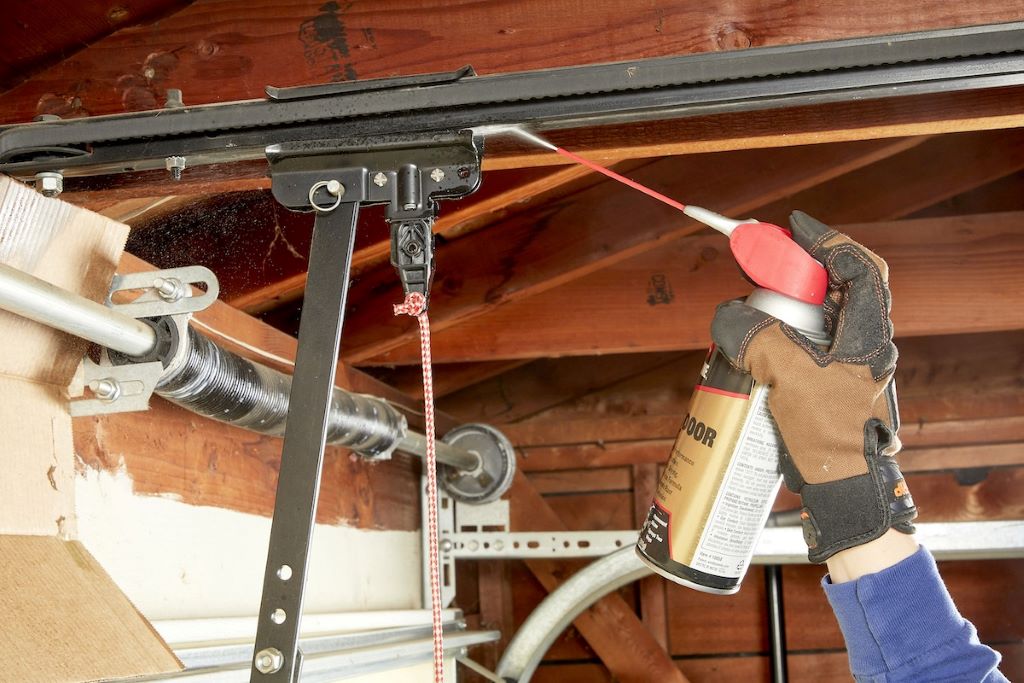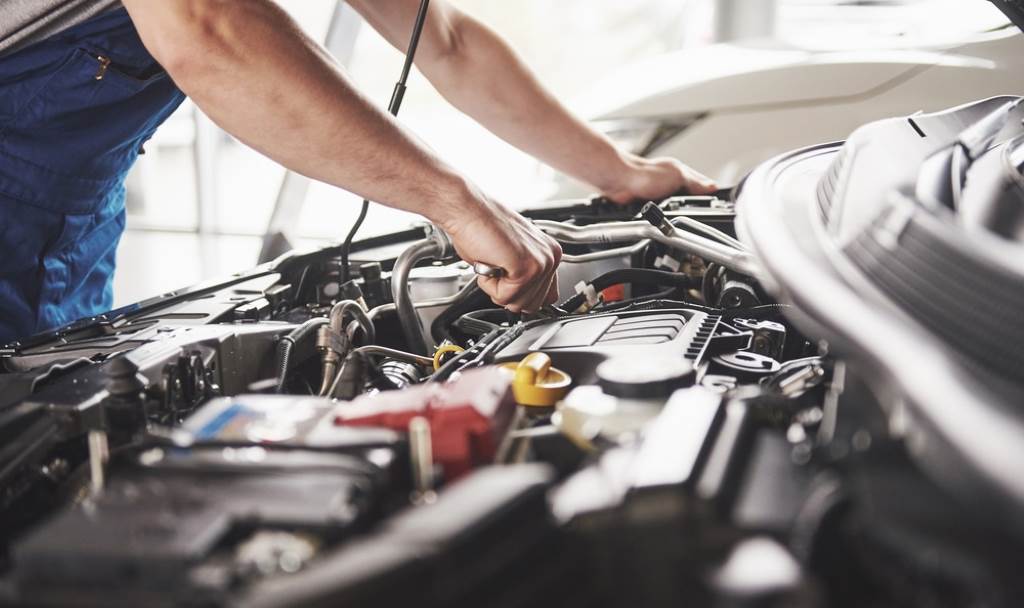As we move into colder weather, your car battery needs to work harder, both to turn over a cold engine and to support a heavier electrical load from lights, wipers, demisters and more. Since batteries are responsible for a high percentage of breakdowns, keeping yours in good condition, or getting a new one if needed, is vital to keep you on the road. Car manufacturers spend large amounts of time developing their products and will painstakingly develop the outer body and create these sections using specialist machines much like the Euromac Notching Machines and then add in the latest engine technology.

The average car battery can be expected to last for around five years from new. However, if you constantly make lots of short journeys, it may begin to show signs of deterioration after as little as three years.
Looking after your battery
Unlike batteries of the past, most modern units are sealed for life, so there’s no need to top up the cells with distilled water as was once the case. That doesn’t mean to say you can ignore maintenance though. You should check occasionally for corrosion on the terminals, and ensure that the battery is firmly fixed in place so it can’t be damaged by vibration.
You can maintain battery health by avoiding the use of electrical systems while the engine is off. Using the entertainment system or the lights when parked can take a toll on the battery. You should also make sure that your car’s alternator is working correctly and delivering the correct charge to the battery.

Getting a new battery
When it comes to changing the battery, you need to make sure you get the right type for your car. Batteries generally have two ratings, these are cold cranking amps and amp hours. Cold cranking amps (CCA) is the power to turn over the engine over, and amp hours is how long the battery will last if not recharged.
The type of car you have is an important consideration in choosing a new battery too. Diesels usually need more power to turn over than petrols, for example. Also cars with modern stop/start energy saving systems that shut off the engine when stationary often require a specialist battery to operate correctly. You therefore need to ensure you get a suitable replacement.







